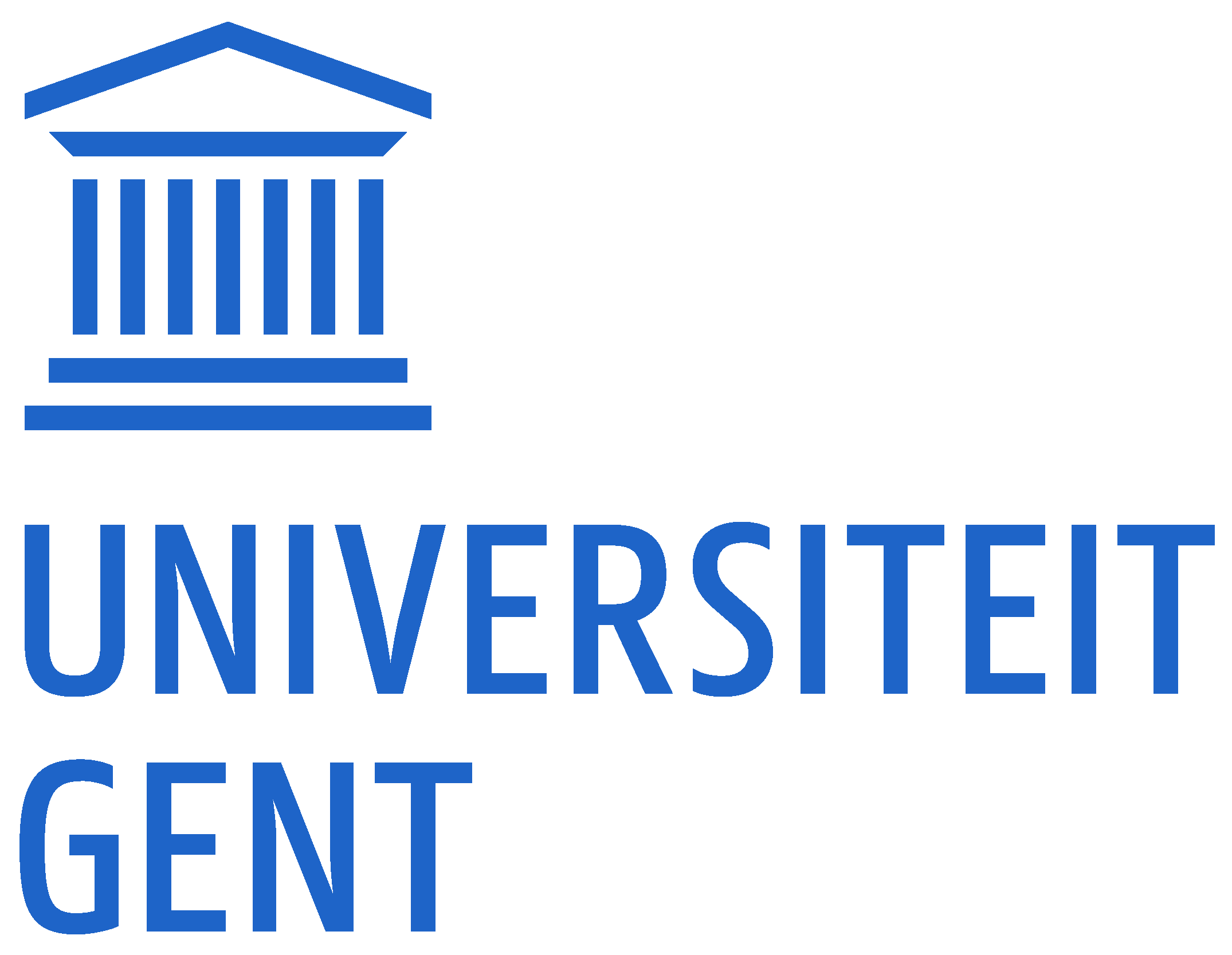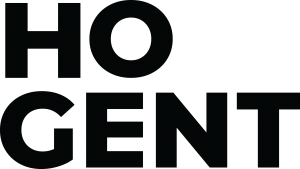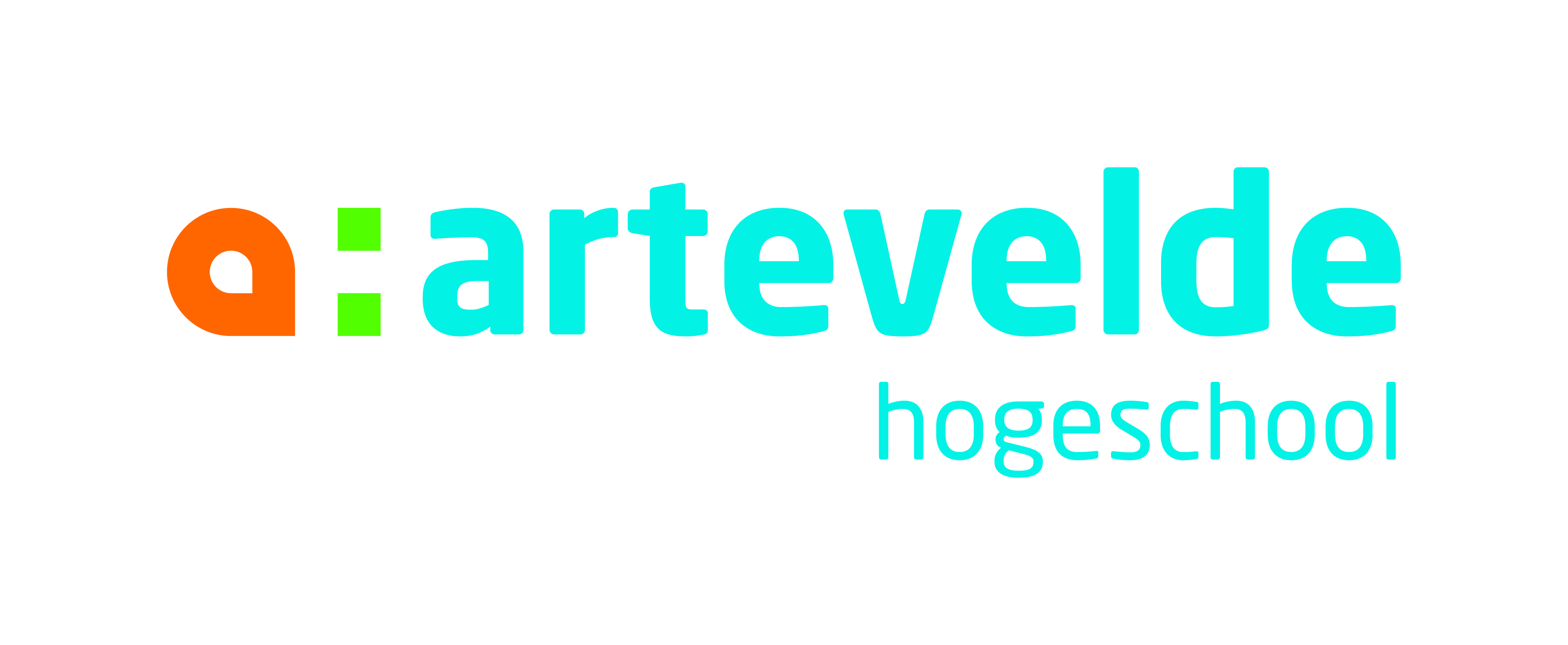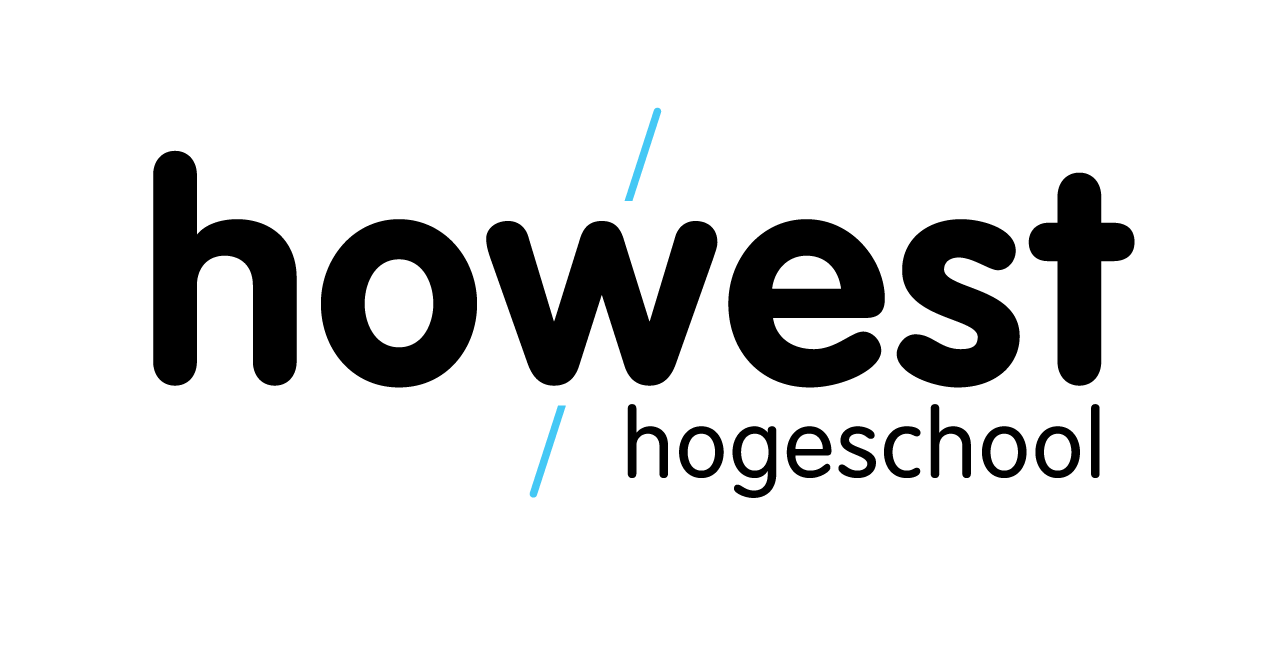Wetenschapscommunicatie
De Cel Wetenschapscommunicatie van de AUGent onderneemt, stimuleert en ondersteunt initiatieven omtrent wetenschapscommunicatie bij de vier partnerinstellingen. We voeren hierbij een dynamisch beleid dat afgestemd is op de wisselende noden van de verschillende doelgroepen, de eigenheid en expertise van de individuele instellingen, en de richtlijnen die worden uitgezet door de Vlaamse Overheid.
Blijf op de hoogte van onze activiteiten via onze nieuwsbrieven of volg ons op Facebook en Twitter.
Wetenschapscafé
Kinderuniversiteit
Wetenschapscommunicatie?
Wetenschapscommunicatie is de naam voor een brede waaier aan activiteiten die de relatie tussen wetenschap en maatschappij willen verbeteren. We onderscheiden vier belangrijke doelstellingen:
- Sensibiliseren: voor het belang van wetenschappen, technologie en innovatie, en dus een draagvlak creëren voor een beleid dat hierin investeert
- Interesse wekken, enthousiasmeren: vooral bij kinderen en jongeren en vooral met betrekking tot STEM-wetenschappen (Science, Technology, Engineering, Mathematics)
- Informeren: kennis bij het grote publiek vergroten, onder meer opdat men zich meer gefundeerde opinies zou kunnen vormen en betere beslissingen zou kunnen nemen
- In dialoog gaan met de samenleving: naast informeren, ook luisteren naar vragen, noden, bedenkingen en ideeën over wetenschap en onderzoek
Wetenschappen zijn hier in de eerste plaats natuur- en toegepaste wetenschappen, maar ook medische, humane en sociale wetenschappen, én alle toepassingen die hieruit voortvloeien. Strategieën zijn bv. onderzoeksgestuurde communicatie (vertrekkend vanuit wetenschappelijke bevindingen, analyses en expertise, of uit institutionele bekommernissen, zoals het in de kijker stellen van excellente onderzoeksgroepen), maatschappijgedreven communicatie (vertrekkend vanuit actuele topics zoals controversiële research of technologie), en doelgroepgerichte dienstverlening (het geven van informatie of het opzetten van verkennend onderzoek vanuit een informatiebehoefte bij de maatschappij). Doelgroepen zijn jongeren, leerkrachten, organisaties, het ‘grote’ publiek, …
Wat we doen
- Initiatieven voor een breed publiek: Wetenschapscafés, Dag van de Wetenschap, Universiteit van Vlaanderen, meewerken aan persberichten, …
- Initiatieven voor jongeren: Jonge ontdekkers, Kinderuniversiteit, Wonderlijke wandeling, …
- STEM-academies: Kinderuniversiteiten, Techniekacademie Arteveldehogeschool…
- Initiatieven voor het onderwijs: Sciencebar, Knappe koppen, Hoe doen, zo doen, Winterwijs; stimuleren van synergieën in de ontwikkeling en verspreiding van educatieve pakketten, navormingen voor leerkrachten, …
- Creëren van een cultuur van wetenschapscommunicatie onder onderzoekers, door sensibilisering, organisatie van vorming (vb. Summer School Lets talk science), …
- Oprichten van één aanspreekpunt voor de AUGent
- Stroomlijnen van bestaande initiatieven
Waarom we het doen
De Vlaamse keuze voor een economie gebaseerd op kennisintensieve activiteiten creëert niet enkel de noodzaak aan een hoger aantal opgeleiden in wetenschappelijke en technische richtingen en anderzijds, maar ook aan een groter maatschappelijk draagvlak voor het belang van wetenschap, techniek en technologische innovatie. Bovendien is wetenschap een cultureel gegeven.
Universiteiten en hogescholen bevinden zich op het snijvlak tussen onderwijs en onderzoek. Als kennisgeneratoren zijn wij mee verantwoordelijk voor een goede doorstroming van die kennis naar de samenleving. Ook bij het opleiden van toekomstige leerkrachten, spelen we een belangrijke rol.
Contact
Website wetenschapscommunicatie Universiteit Gent
Website wetenschapscommunicatie Hogeschool Gent
Website wetenschapscommunicatie Arteveldehogeschool aanbod voor kinderen
Website wetenschapscommunicatie Arteveldehogeschool aanbod voor scholen
Website wetenschapscommunicatie Howest
De Cel wetenschapscommunicatie is te bereiken via wetenschapscommunicatie@AUGent.be.
U kunt ook rechtstreeks bij één van de medewerkers terecht:
Universiteit Gent
Céline Van Rijckeghem
Rectoraat,
Sint-Pietersnieuwstr. 25
9000 Gent
T: (+32) 09 264 82 59
‘E: Celine.
David De Wolf
Rectoraat,
Sint-Pietersnieuwstr. 25
9000 Gent
T: (+32) 09 264 82 54
M: (+32) 0471 51 01 55
E: David.DeWolf
Ineke Imbo
Rectoraat,
Sint-Pietersnieuwstr. 25
9000 Gent
T: (+32) 09 264 83 17
E: Ineke.Imbo
HoGent
Julie Ghyselinck
Geraard de Duivelstraat 5
9000 Gent
T: (+32) 09 243 32 90
E: Julie Ghyselinck
‘
Arteveldehogeschool
Lise Van der Haegen
Hoogpoort 15
9000 Gent
T: (+32) 09 234 95 41
E: lise.vanderhaegen
Howest
Fauve Martinez
Sint-Martens-Latemlaan 1B
8500 Kortrijk
T: (+32) 0478 04 02 60
E: Fauve.Martinez@howest.be





